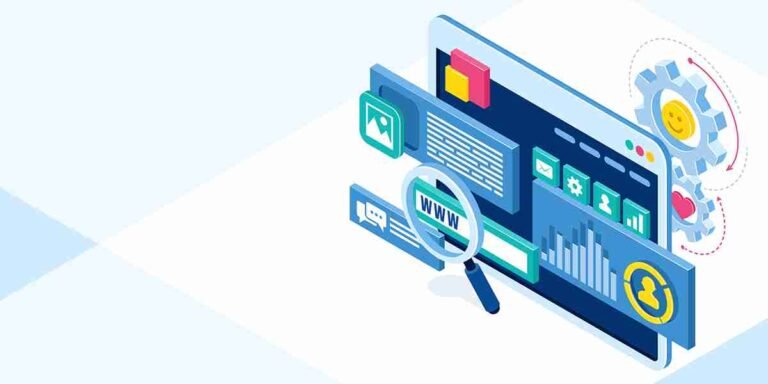IT for Social Good: Empowering Nonprofits with Technology

Introduction : IT for Social Good: Empowering Nonprofits with Technology
In an increasingly digital world, technology holds immense potential as a powerful force for social good. For nonprofits, which often operate under resource constraints and face significant challenges, harnessing the power of information technology (IT) can be transformative. IT for Social Good: Empowering Nonprofits with Technology This blog explores how IT empowers nonprofits to achieve their missions more effectively and the strategic implementation of technology to drive social impact.
The Role of IT in Social Good
Nonprofits focus on addressing societal issues like poverty, education, health, and environmental sustainability. Despite these noble goals, they encounter constraints such as limited funding and staff shortages. IT solutions offer a substantial opportunity to streamline operations, enhance communication, and better serve communities.
Key Benefits of IT for Nonprofits
- Improved Efficiency and Productivity: Technology automates tasks, streamlines workflows, and manages data effectively. Cloud-based project management tools enable real-time collaboration and reduce administrative overhead.
- Enhanced Communication and Outreach: Platforms like social media and email marketing tools amplify nonprofits’ messages, engage supporters, and raise awareness effectively.
- Data-Driven Decision Making: Advanced analytics and CRM systems provide insights into operations and impact, facilitating informed decision-making and program customization.
- Fundraising and Donor Management: Online platforms and digital payment solutions simplify fundraising efforts and enhance donor relationship management, improving retention and loyalty.
- Remote Work Capabilities: IT solutions such as video conferencing and virtual collaboration tools ensure operational continuity during disruptions, as highlighted by the COVID-19 pandemic.
Innovative IT Solutions for Social Good
- Cloud Computing: Scalable and cost-effective, cloud services offer solutions for data storage and application hosting without significant upfront investments.
- Mobile Technology: Mobile apps and SMS-based services reach underserved populations effectively, providing essential services and mobilizing support.
- Social Media and Digital Marketing: Platforms like Facebook and Instagram are pivotal for global outreach, engaging audiences and driving fundraising campaigns.
- Big Data and Analytics: Leveraging data insights helps nonprofits optimize strategies, allocate resources efficiently, and demonstrate impact to stakeholders.
- Artificial Intelligence (AI) and Machine Learning: AI-driven solutions automate tasks and personalize services, enhancing operational efficiency and service delivery.
Case Studies: Nonprofits Leveraging IT for Social Good
- Charity: Water: Utilizes technology for transparency in water projects, providing donors with real-time impact updates.
- Kiva: Connects lenders with entrepreneurs globally through a digital platform, promoting economic development.
- Doctors Without Borders: Uses GIS technology for real-time health crisis mapping and intervention planning.
Challenges and Considerations
Despite the benefits, nonprofits face challenges such as resource constraints, digital literacy needs, data security concerns, and sustainability of IT solutions. Strategic planning, funding partnerships, and ongoing training are essential to maximize IT benefits while safeguarding organizational integrity.
Conclusion
IT for Social Good: Empowering Nonprofits with Technology overcoming operational challenges and driving lasting social impact. By integrating technology strategically and adapting to innovations, nonprofits can achieve their missions more effectively and create positive change in communities worldwide.
For More Information Visit Your Website : Mountain Techno System














